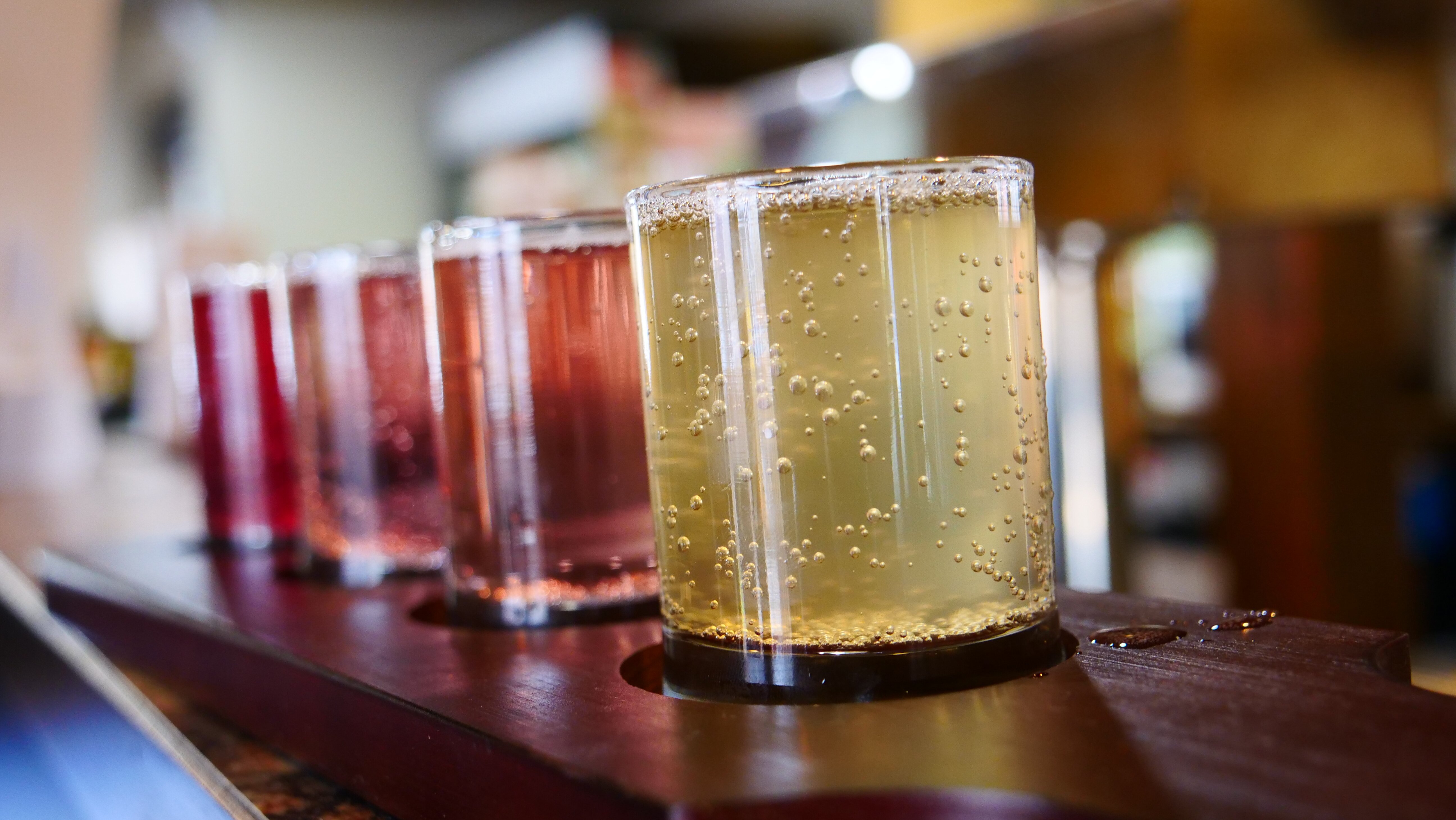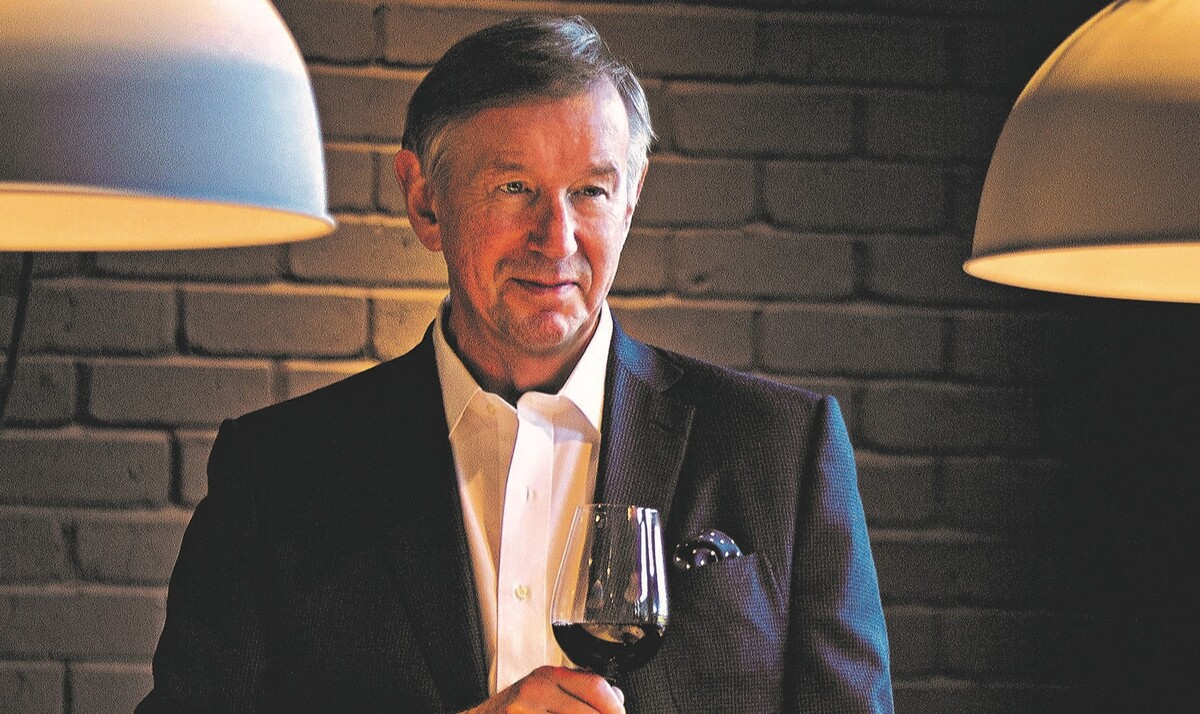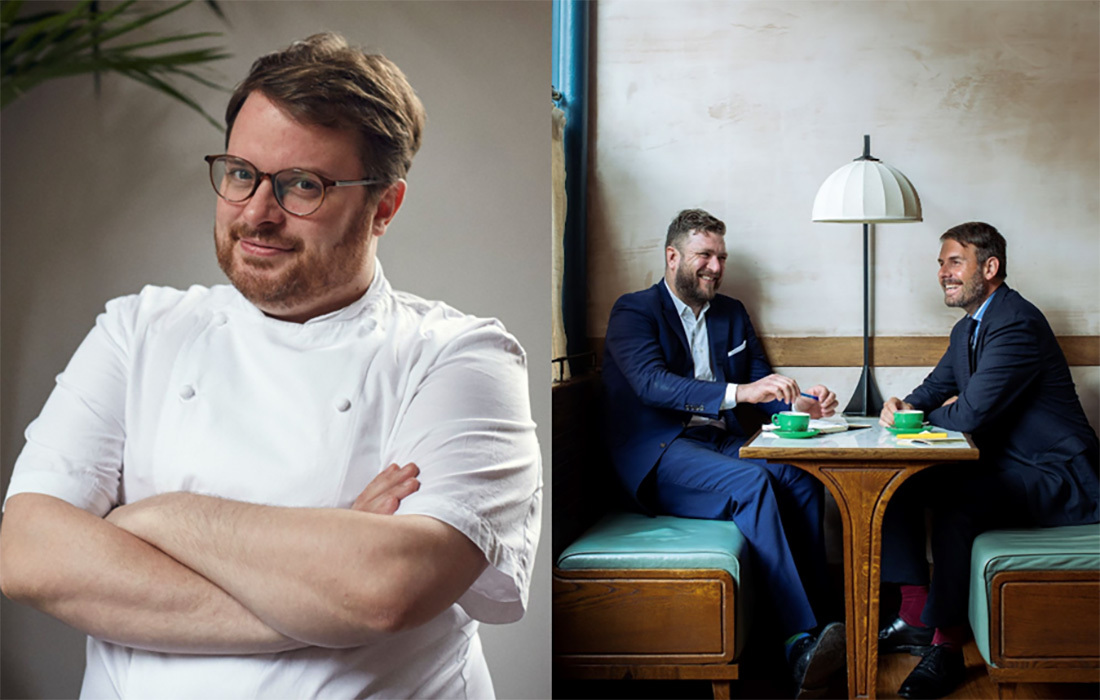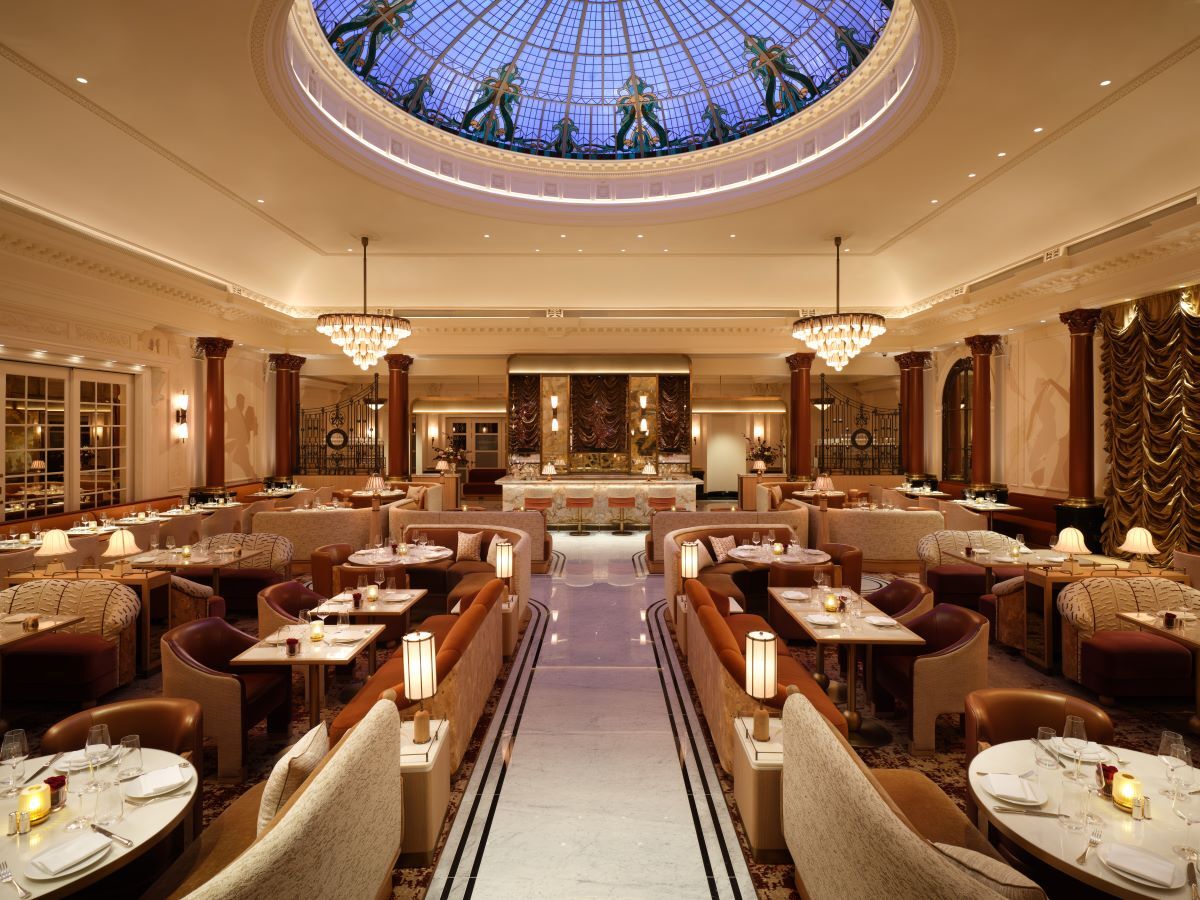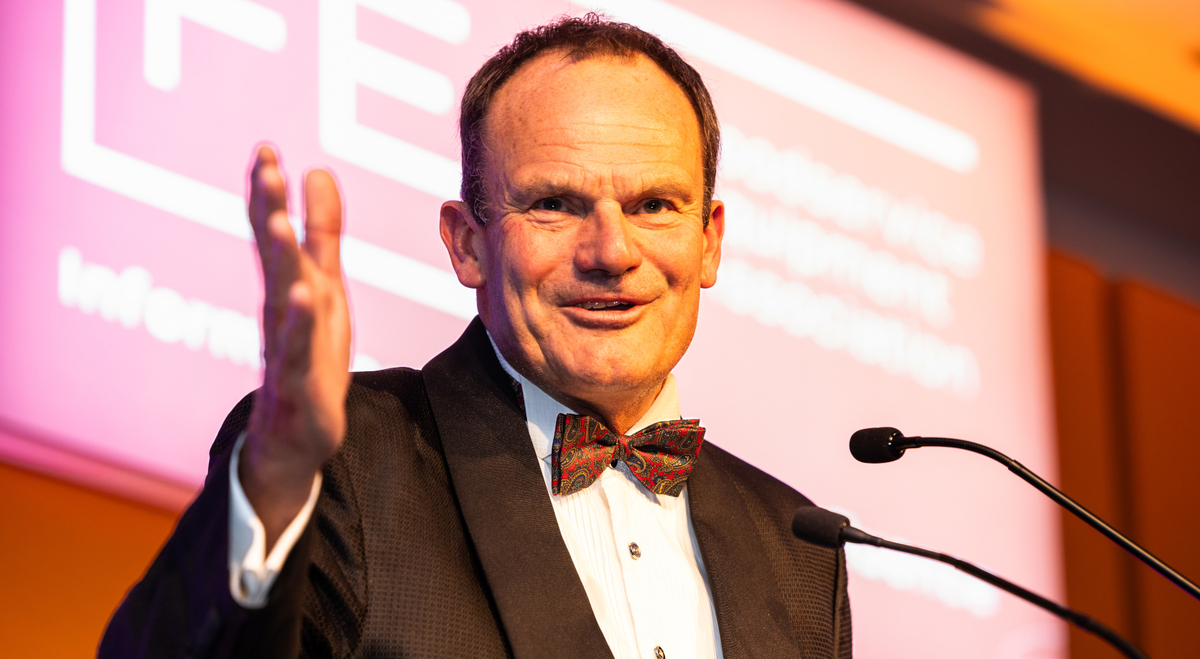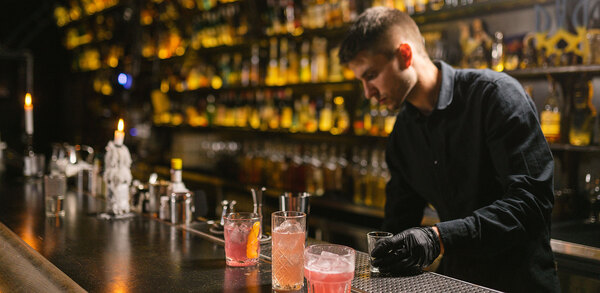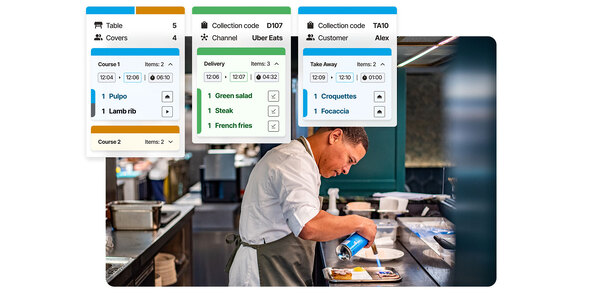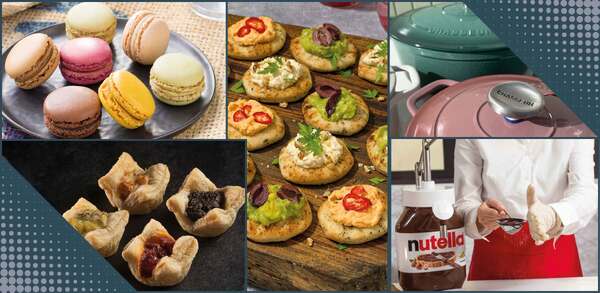Think drinks: beverages with health benefits
Consumers are asking for more healthy benefits to their beverages. John Porter looks at the ways operators can make their offering both healthy and functional
Changing attitudes to alcohol and an increased focus on health is giving hospitality operators a strong incentive to serve an array of healthy and functional drinks.
This trend towards healthier options is a major driver of growth in new product development, particularly in drinks that consumers perceive as delivering health benefits. Global ingredients and flavour consultancy Synergy has forecast that, for this year and beyond, “immunity and mood-boosting ingredients will continue to influence new product development as consumer focus on health continues to impact purchasing behaviour”.
According to data from British soft drink producer Britvic, the “wellness” soft drinks category grew 22.8% across all channels last year. In its 2022 Soft Drinks Report – the first to compare the out-of-home market pre- and post-pandemic – Britvic reported that 48% of households say health enhancing benefits are an important factor when they purchase food and beverages. Of those surveyed, 75% of consumers deemed it important to have healthier options available when eating out.
Britvic’s insights for the out-of-home market show these attitudes are most prevalent in younger demographics. Across the 18- to 34-year-old category, 84% said it was important to have healthier options available when eating out.
More than half (58%) of soft drinks consumers would like to see more healthy soft drinks on offer in hospitality venues, with 65% claiming they would drink more carbonated soft drinks if they provided added health benefits. A third of those surveyed had drunk low and no alternatives to alcohol over the past year; a response that correlates with increased sales of mocktails along with no and low drinks.
Britvic expects healthier options touting functional benefits will continue to attract customers looking to supplement their diets with health-positive ingredients. Adam Russell, director of foodservice and licensed, says: “The importance of natural ingredients increases with age and with the stimulants category being heavily skewed towards younger drinkers, this represents an opportunity to expand the appeal of energy drinks.”
Britvic’s sparkling vitality drink Purdey’s appeals to these consumers, promising to help them to live a more naturally energised and balanced lifestyle, and “is perfectly placed to pick up on the growing health trend”, says Russell.
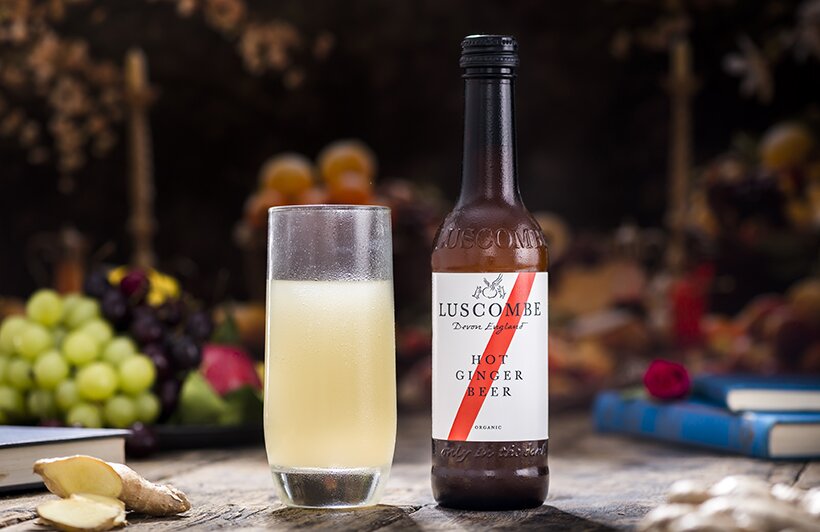
How low can you go?
The growth of zero sugar options in the most popular softs category – carbonated drinks –has also made healthier drink choices easier to access out-of-home. Amy Burgess, senior trade communications manager at Coca-Cola Europacific Partners (CCEP), highlights CGA figures showing Coca-Cola Zero Sugar grew 42% in value and 33% in volume in the on-trade in 2022.
“With the trend for alcohol moderation and becoming teetotal continuing, we’re also seeing double-digit volume and value growth for Appletiser,” she adds. With no added sugar, preservatives or colourants, the brand’s “light, crisp flavour” is promoted as a sparkling alternative to wine and Champagne.
Juices are widely seen as healthier choices and remain popular with consumers says juice supplier Luscombe’s drinks expert Gary Williams. “Juices are perfect for breakfast, with Luscombe Orange Juice made using Sicilian oranges and Luscombe English Apple Juice made with the highest quality English apples.”
Equally, with more venues welcoming customers looking for somewhere to set up a laptop when working during the day, Williams says Luscombe’s Hot Ginger Beer or Sicilian Lemonade are the “perfect daytime refreshments”.
“Consumer behaviour is changing towards a preference for organic products, highlighting the public’s appetite for high-quality sustainable ingredients,” Williams says. “Our recommendation would be Hot Ginger Beer as it’s about as genuine as a ginger beer can get. It’s a well-balanced drink made with fresh Peruvian root ginger, raw cane sugar and Sicilian lemon juice.”

Tom Ward of alcohol-free supplier Wise Bar Trader, says: “Low-alcohol and alcohol-free is one of the most exciting and innovative drinks categories, with alternatives to spirits, wine and mead all gaining traction and picking up the development challenge laid down by low-alcohol beer, which is the most advanced and has the largest share of the market.
“Kombuchas and functional drinks are also beginning to cut through among a health-conscious customer base. These trends are inevitably translating into demand in the on-trade, and volumes of alcohol-free drinks in the sector can be expected to show a corresponding rise.
“There’s a great opportunity to experiment, try new options and discover what works best for the trading style. Expanding knowledge of the category, trialling product diversification and adding a varied alcohol-free range to a drinks menu offers significant opportunity to attract a wider consumer-base.”
German alcohol-free beer Erdinger Alkoholfrei focuses its marketing on the isotonic properties of its formulation, with high-profile branding at the end of endurance events such as marathons and triathlons.
Peter Gowans, UK country manager for the brand, sees an opportunity to leverage this in foodservice venues. “As people grow more mindful of their wellbeing, there is no longer a distinction between the attributes that make Erdinger Alkoholfrei ideal for post-exercise recovery and making the transition into an out-of-home drink of choice as part of a healthy lifestyle,” he says.
Thirst quenchers
Water is an option that delivers both functional and health benefits and is a popular choice when out-of-home. Analyst Kantar reports that packaged water sales grew by 4.9% in the eating out market in 2022. Within that, sparkling water sales grew by 49.2%, suggesting consumers are still looking for a drink that delivers something ‘extra’ even when they buy a drink that is primarily a healthier choice.
Mohsin Laginaf, co-founder and operations director of ió fibrewater, which offers a range of flavoured waters with added fibre, says: “Although consumers are looking for more indulgent drinks on occasions such as dining out with friends and family, as the out-of-home market becomes more diverse, there are more opportunities for healthy and functional drinks brands such as ours.
“Breakfast, whether it’s on-the-go or in a hotel buffet format, is a good example, and ió fibrewater is as good a way to add supplementary fibre as a bowl of bran. Equally, customers taking advantage of hotel or pub WiFi for daytime remote working may want a chilled refreshing drink, with added health benefits, as an alternative to endless cups of coffee.”

Adding value to water sales in the dining environment is a long-standing challenge for both operators and suppliers. Water specialist Luqel offers the Water Station, a dispense solution which uses “extreme filtration” to purify main water and add different levels of mineralisation, temperature, and carbonation. Matt Lane, managing director of Luqel, makes the point that when hotels sell bottled water, “they make very attractive margins on it, and they don’t want to end up just giving tap water for free, and losing all that revenue, which they would have to make up somewhere else”.
Lane says another opportunity is the “mega-trend of personalisation”; allowing the consumer to have what they what, and how they want it. Using the Luqel Water Station, water can be given a range of flavours that consumers will perceive as more salty, sweet, or bitter and be served still or carbonated at anything between 4°C and 95°C. “The ability to play, interact and engage creates new value in the water category,” Lane says. Personalising the mineralisation means that a hotel or restaurant brand can effectively create their own water.
It also creates an opportunity to match water to specific dishes. “At the top end, the way we’d see it going into restaurants and bars is sommelier-driven,” says Lane. “They’d recommend a water that goes with both the wine and the food. Water pairing then becomes an additional experience within the restaurant.” Lane says a key issue is how to educate the consumer to see the value in water. “Water can be fun, it can be personalised, and if you find one that you love, you can enjoy it.
As a consumer, you’re better hydrated, and you’re healthier”.
Suppliers
Britvic www.sensationaldrinks.com
Erdinger Alkoholfrei distributed by www.carlsbergmarstons.co.uk
ió fibrewater www.iofibrewater.co.uk
Luqel www.luqel-water.com
Luscombe www.luscombe.co.uk
Wise Bar Trader www.wisebartrader.co.uk


